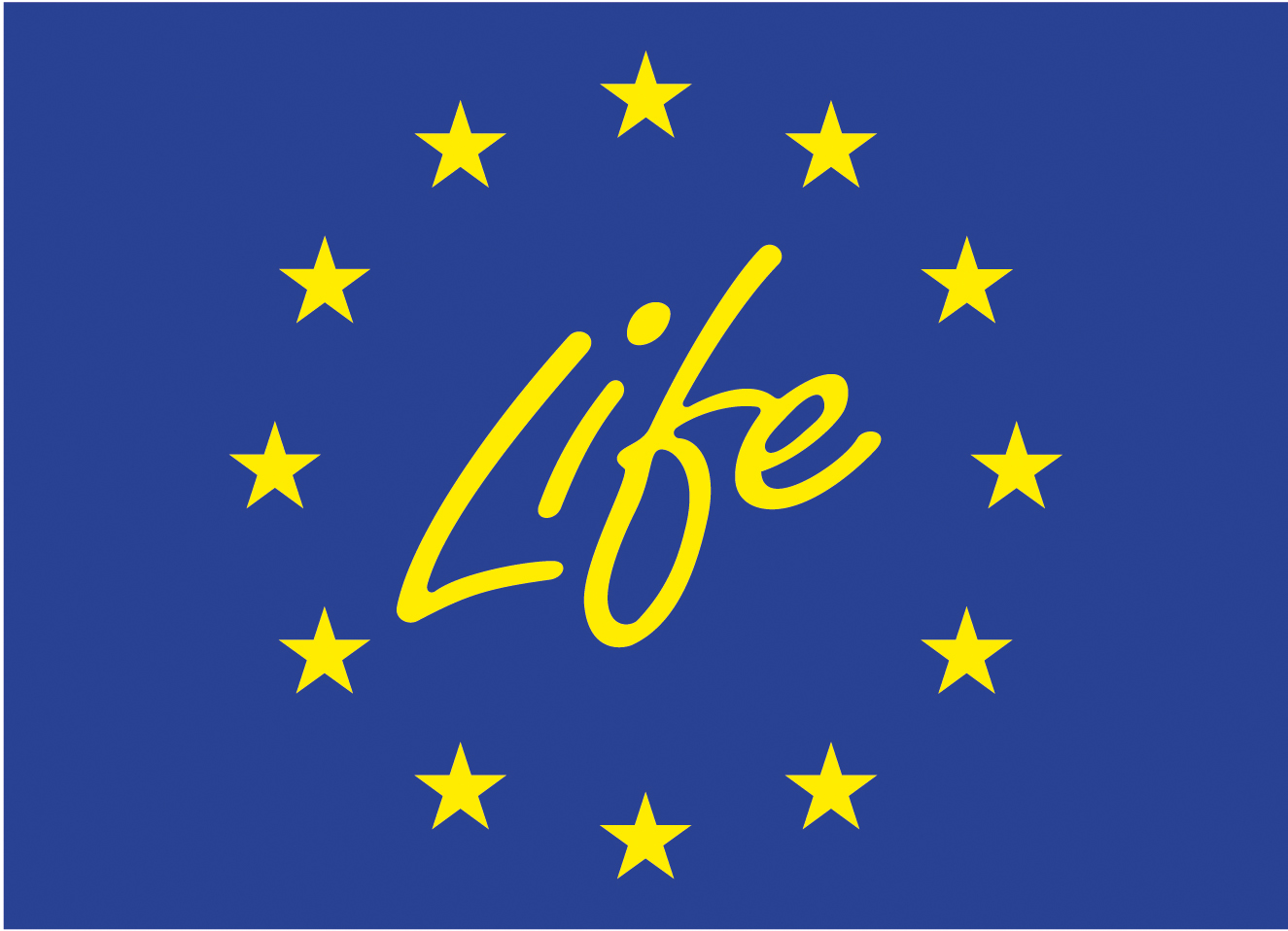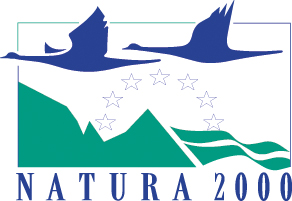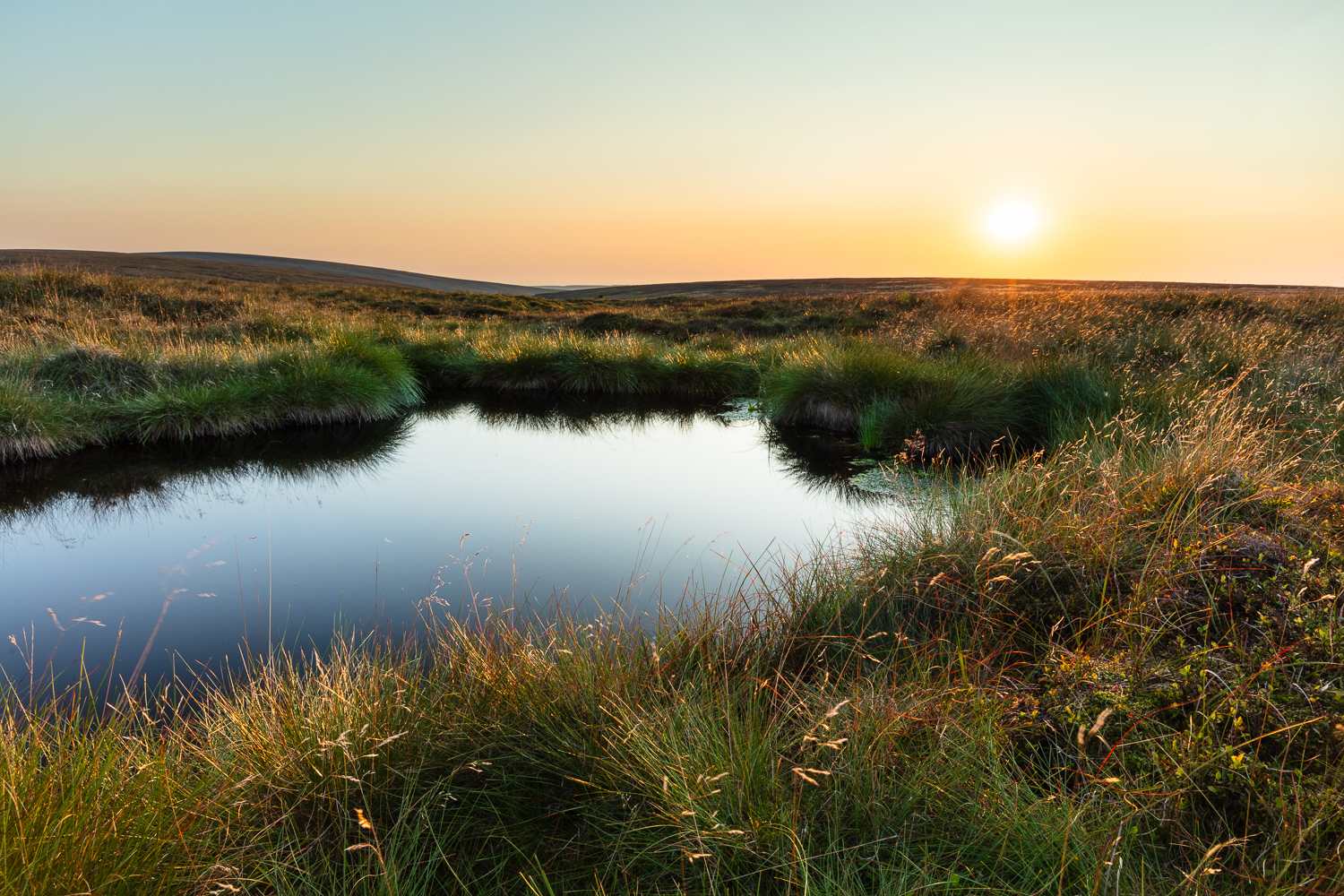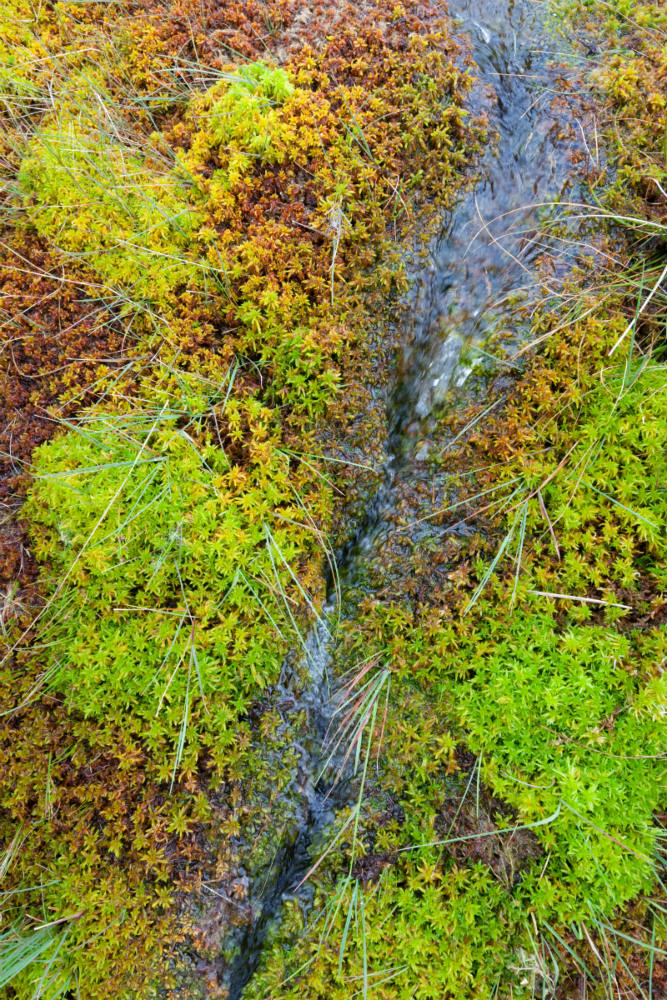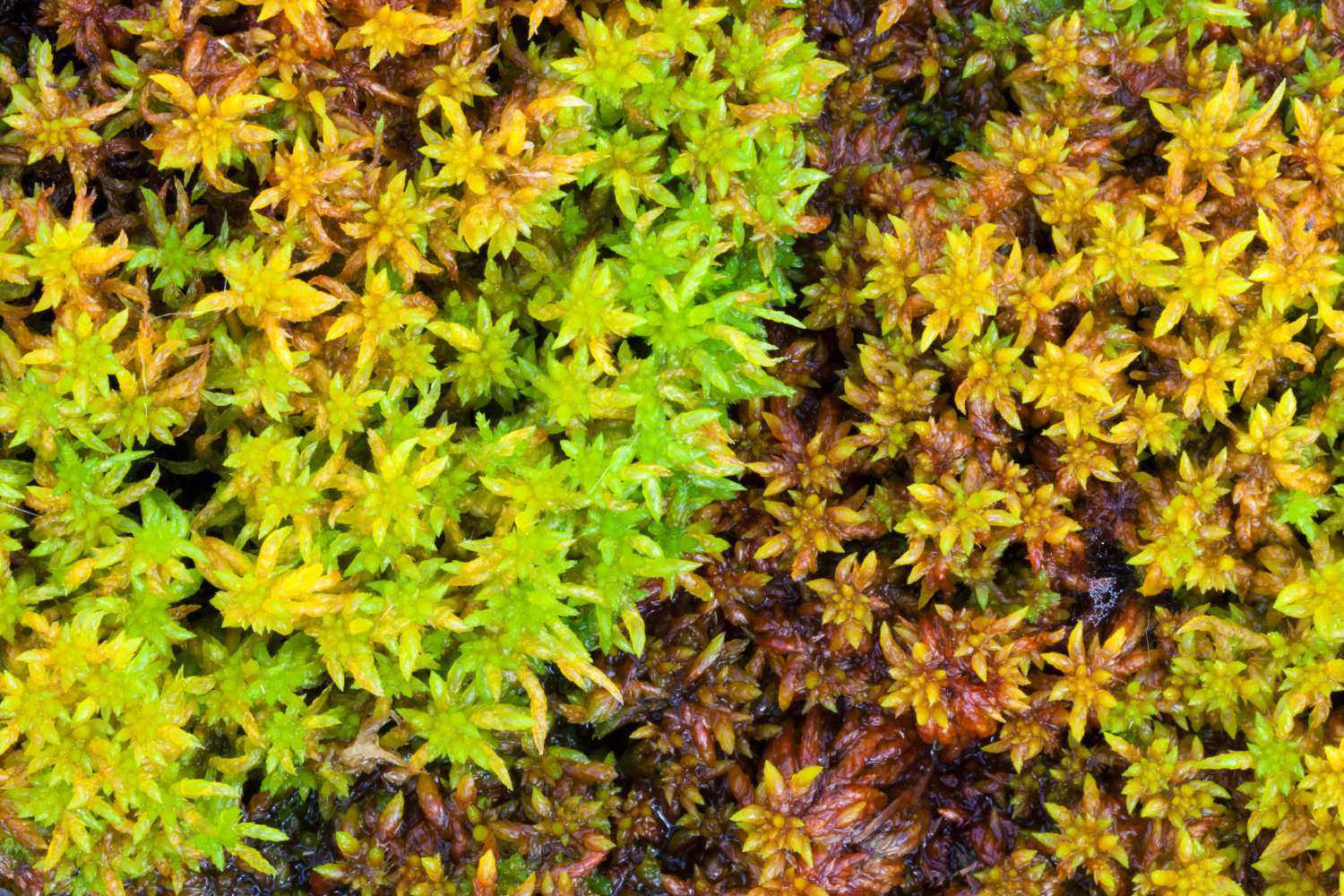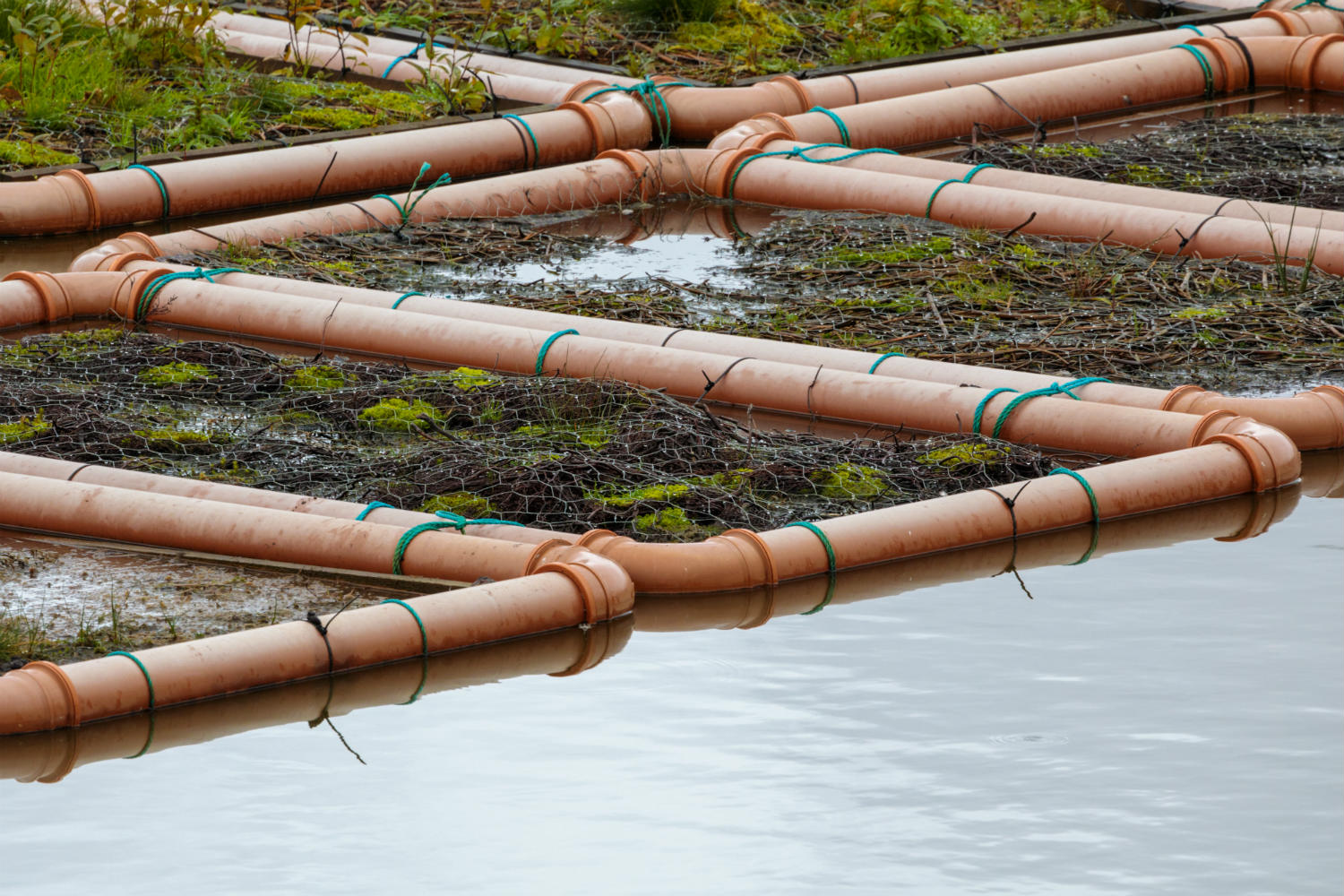
Trialling an innovative way to produce sphagnum
Early results show that we may be able to grow sustainable, cost-effective sphagnum moss on rafts in reservoirs.
Sourcing sphagnum moss
As part of MoorLIFE 2020 we are tasked with innovating a sustainable method of sourcing sphagnum moss, the fundamental plant of blanket bogs, which is sorely missing from much of the Peak District and South Pennines.
Our experimental project to investigate the potential for growing sphagnum on rafts began in June 2017 on two disused United Utilities reservoirs in the Peak District. Our aim is to discover whether this can be a cost-effective method of farming sphagnum for replanting across the moors. We are also monitoring the reservoirs’ water quality to see if the presence of sphagnum improves it.
Early evaluation shows promising signs that enough sphagnum can be farmed on these two small reservoirs to plant on at least 0.5 square kilometres of blanket bog each year.
We’ve trialled several different raft designs and techniques and put clumps of hummock-forming Sphagnum magellanicum, Sphagnum papillosum and Sphagnum capillifolium, onto them. These excellent peat-building species are rare in the Peak District, making them extremely valuable for restoration work. Trial plants were sourced from local sites that have a sustainable population.
Raft design techniques trialled include:
- coating the rafts in bracken and heather brash
- framing the rafts with drainpipes to protect them against ripples
- testing various raft materials such as insulation board and hardwood
- covering the rafts with a wicking material to provide a wet growing medium for the sphagnum
Canada geese seem to enjoy spending time on the rafts, but their droppings can smother the sphagnum so this is being monitored to see whether it will cause a major problem with sphagnum growth
The research is undertaken in partnership with RSPB and United Utilities.
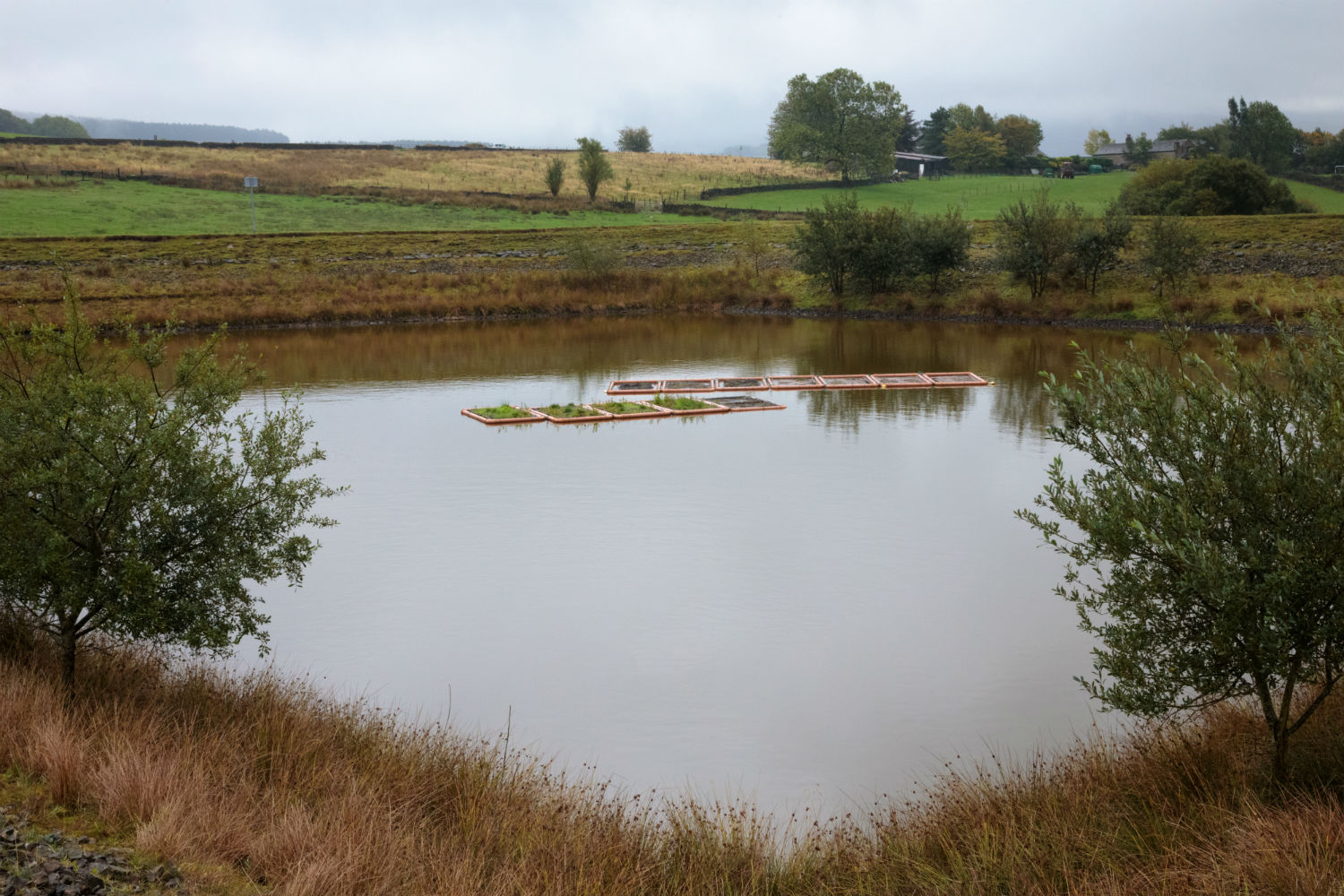
You may also be interested in...
Funded by
